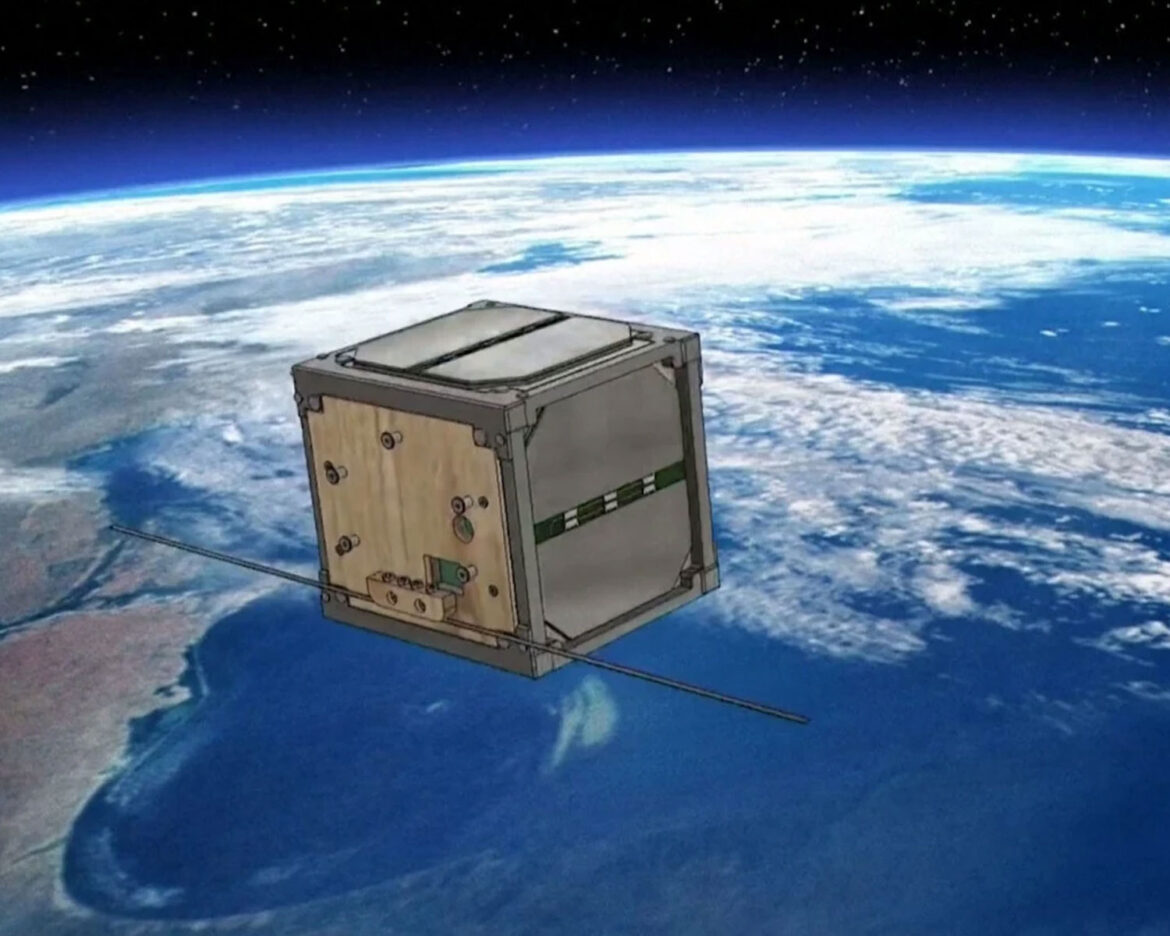In a groundbreaking achievement for sustainable technology, the world’s first wooden satellite was successfully launched into space. This innovative satellite, named “Woodsat,” was designed to test the viability of using eco-friendly materials in spacecraft construction.
Launched aboard a rocket from a facility in Finland, Woodsat is constructed primarily from Finnish birch plywood and is equipped with sensors to monitor its performance in orbit. The project, initiated by a collaboration between Finnish engineers and researchers, aims to explore alternatives to traditional metal and plastic satellites, which contribute to space debris and environmental concerns.
The satellite’s primary objective is to gather data on the durability of wood in the harsh conditions of space, including exposure to radiation and extreme temperatures. Scientists hope that the successful operation of Woodsat could inspire future designs for sustainable spacecraft, potentially leading to a new era of eco-conscious space exploration.
Woodsat’s launch represents a significant step toward reducing humanity’s carbon footprint in space and could influence the materials used in future satellite designs, aligning with global efforts to promote sustainability in all industries. As space agencies and private companies increasingly focus on sustainability, this initiative marks a pivotal moment in the intersection of technology and environmental stewardship.
The team behind Woodsat is now looking forward to receiving data from the satellite as it orbits Earth, which will provide insights into the feasibility of wooden structures in space applications.



